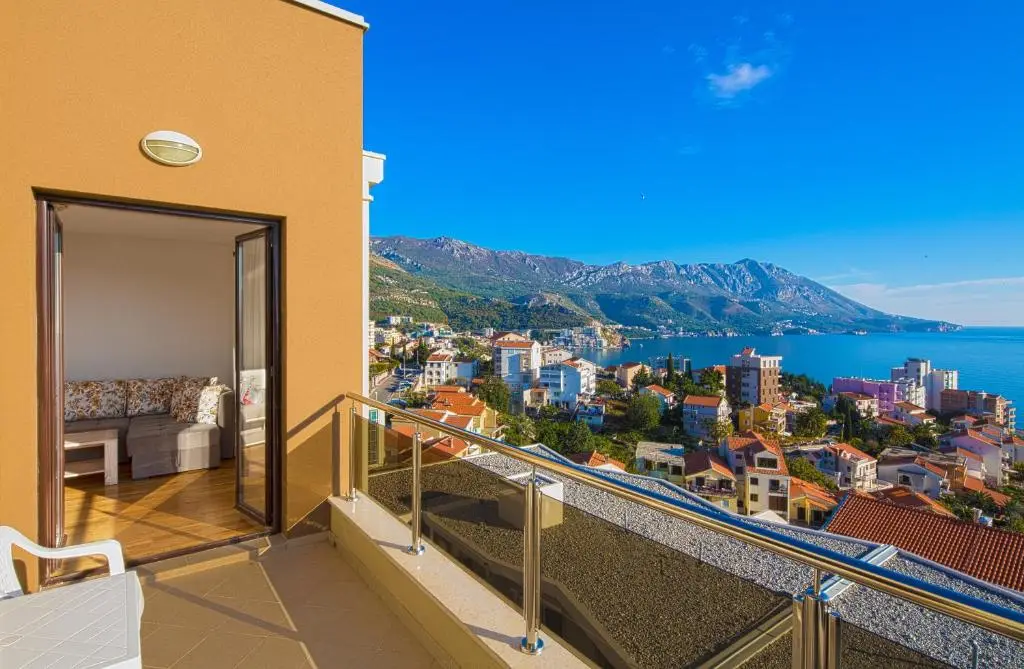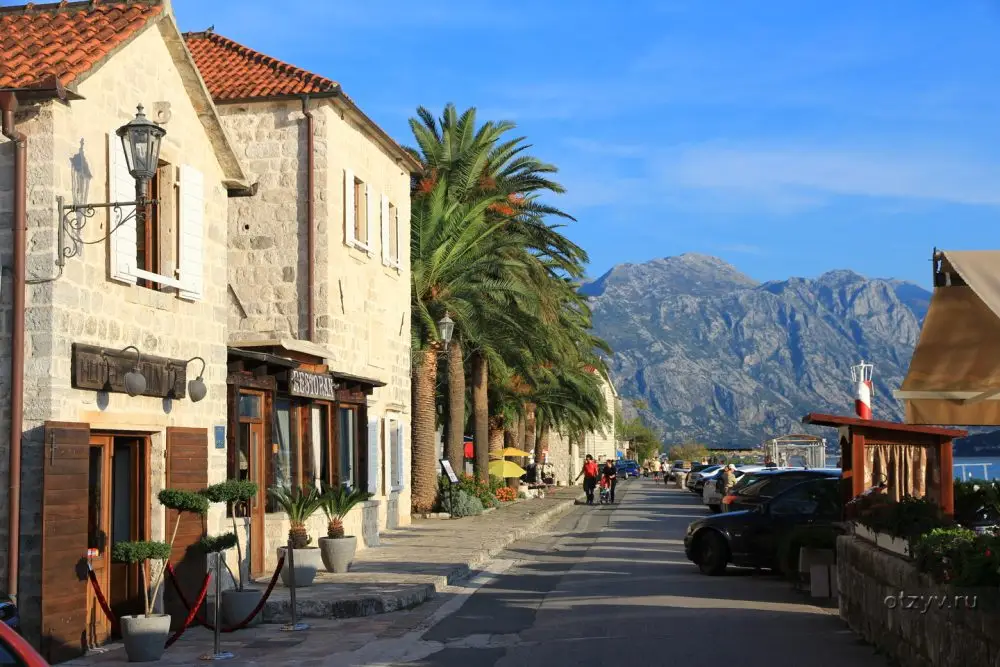Property taxes in Montenegro remain some of the most favorable in Europe, making the country attractive to investors. Simple rules for acquisition, affordable prices, and stable tax legislation allow for advantageous purchases of apartments, villas, and houses for both locals and foreigners. However, before making a purchase, it is important to understand which fees need to be taken into account in 2025.
In this overview, we will look at the fees paid by property owners, tenants, and sellers in Montenegro, as well as delve into the nuances of tax residency.

Property Purchase Tax in Montenegro
Acquiring property involves a mandatory contribution, but its amount depends on the type of housing. For new buildings, there is no fee if the purchase is made from the developer, as VAT (17%) is already included in the price. However, when purchasing existing properties, the tax amounts to 3% of the cadastral value of the property.
A foreigner purchasing property should take into account that the fee is paid by the buyer and is one-time. Payment requires submitting a tax declaration within 30 days after signing the sales contract. Additionally, notary and registration fees, amounting to around 0.5-1% of the transaction value, must be considered.
Rental Income Tax
If you rent out property in Montenegro, be prepared to pay a rental income tax, which amounts to 15% of the net profit. However, there are nuances that can help reduce the taxable base and avoid overpayment.
Firstly, the tax is calculated not on the full rental amount, but on the profit remaining after paying utility bills and property maintenance expenses. If rental agreements are formalized, expenses for repairs, depreciation, and even improvements to the property can be deducted.
For short-term rentals (e.g., tourist rentals), registration with the tax authorities and obtaining a permit for such activity will be required.
Property Sale Tax in Montenegro
If you decide to sell an apartment, villa, or house, it is important to consider how long the property has been in your possession.
If the property has been owned for more than three years, no levies need to be paid — the state exempts such owners from payment. However, if less than three years have passed since the purchase, a 15% tax on the difference between the purchase and sale prices must be paid.
Taxes for Foreigners
There are no separate fees for foreigners in the country, so a foreigner pays the same fees as local residents. However, it is important to consider tax residency.
If a person resides in the country for more than 183 days a year, they automatically become a resident and are obliged to pay contributions not only on rental income but also on any other income, including profits outside Montenegro.
For non-residents, the burden is limited to property and income earned within the country.
How to Reduce Fiscal Payments on Property?
Although property taxes in Montenegro remain relatively low, owners and foreign investors can utilize several strategies to reduce them:
- Buying new properties from developers — acquiring property directly from developers allows avoiding property purchase tax. When purchasing existing buildings, a 3% fee is charged, whereas this fee is waived for new constructions as VAT (17%) is already included in the price. This is especially beneficial for those considering long-term property investments;
- Choosing properties in areas with low tax rates — municipalities set individual tax rates, which can range from 0.1% to 1%. By selecting a property in less popular locations, such as small towns and rural areas, annual expenses can be significantly reduced. Property taxes are minimal in small towns and rural areas;
- Official registration of property rental — if a property is rented out, the owner must pay a rental income tax (15%). However, with official rental agreements, deductions can be claimed to reduce the taxable base. These expenses include repair costs, property maintenance, depreciation, and utility bills;
- Long-term property ownership — if a property is sold more than 3 years after purchase, the owner is exempt from profit taxation. For foreign investors, this is one of the main advantages as it avoids additional costs upon subsequent resale;
- Choosing the right resident status — if a foreigner resides in Montenegro for more than 183 days a year, they automatically become a resident. For minimizing the tax burden, it is better to remain a non-resident, maintaining obligations only within property ownership.
Thanks to these tax strategies, Montenegro’s tax legislation remains one of the most attractive in Europe. A smart approach to fiscal payments makes property ownership not only convenient but also financially advantageous for those considering long-term investments.
Conclusion
In 2025, property taxes in Montenegro remain transparent and convenient for both investors and regular owners. A simple tax system, absence of hidden fees, and flexible conditions make property purchase and ownership a beneficial decision.
When purchasing existing properties, buyers pay a 3% tax, but this fee is not levied when buying new constructions.

For those planning to sell property, the conditions are also favorable: if the property has been owned for more than three years, no profit tax is levied. For foreign buyers, the rates remain the same as for citizens, but it is important to consider the rules of tax residency.
Overall, buying property in Montenegro is a clear and advantageous process, making the country attractive for both personal residence and long-term investments.
 en
en  ru
ru  de
de  ar
ar  es
es  nl
nl  hi
hi  fr
fr  it
it  pt
pt  el
el 










